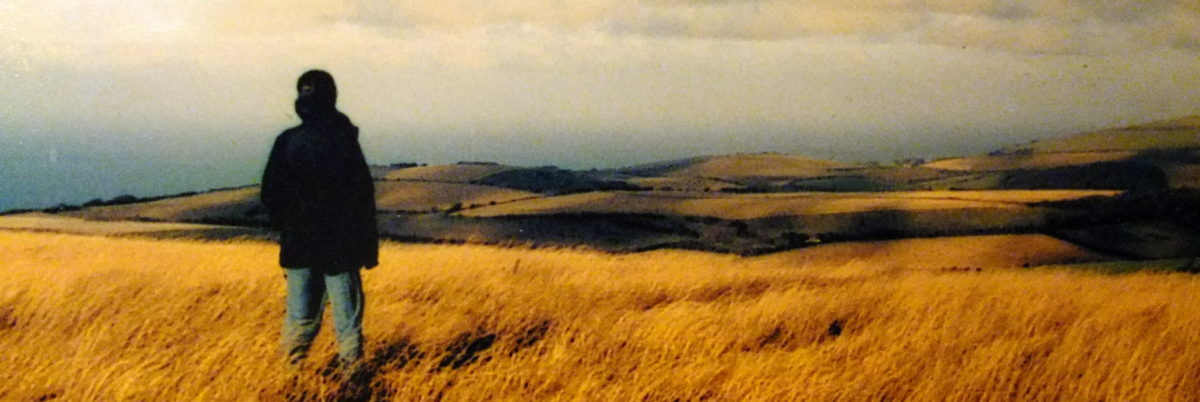We’ve all had painful times when daily living feels like a test. However recently I’ve been thinking of times when the big challenge is to be faithful to our foundational beliefs. I’m thinking of times when it would be easier to flow with the majority opinion, when a decision to speak or act from our deepest beliefs could have hard consequences in our lives. Those are definitely testing times!
Quakers use the word testimony to describe important beliefs we express through our lives. For example, there is the peace testimony, the testimony of integrity, and the testimony of equality. We testify to those beliefs by the way we live. And it can be hard; it can be a real test.
Consider the peace testimony. Our daily lives bring plenty of opportunities to be a presence for peace in the world. There’s everything from not taking offense at an aggressive driver to speaking out for peaceful resolutions in world conflicts. And sometimes people testify by refusing to go to war.
I grew up in the Church of the Brethren, and I have a sprinkling of Mennonite ancestors. I am now a Quaker. These are historically known as the “peace churches,” denominations that have held steadfastly to the peace testimony as central to their understanding of Christian living.
Beginning with World War II, this testimony was accepted by the American government. When my Brethren uncles were drafted, they entered alternative service. They worked for the Civilian Public Service, building roads and trails in national parks and doing agricultural work and research.
It was a lot harder for some of my friends during the Viet Nam War. They were not members of a historic peace church, and they were literally tested. They needed to defend their pacifist positions before their local draft boards – who were not sympathetic. They also faced friends and family who didn’t understand. It was a real challenge, but, as they testified to their truth, they grew stronger.
Even further back in our country’s history, times of war could bring a real test of one’s commitment to peace because there was no alternative way of serving. During the Revolutionary War, all men between 18 and 50 were required to join the local militia and pledge allegiance to the Commonwealth of Pennsylvania. They weren’t automatically sent to fight, but it did mean they needed to turn out to drill and prepare to fight. If a man refused, he needed to pay a substantial fine or hire a substitute to take his place. In addition, he was often ostracized and condemned by his neighbors.
As a member of a peace church and a pacifist, what could he do? He could say, “I can’t afford the fine so I’ll just join the militia and drill with my neighbors. I probably won’t be sent to war to kill people.” In that case, his church judged him, and he was removed from membership. Church community was family; being cut off from them was painful for everyone.
These men were truly caught between church and state. I’ve discovered some of my Brethren ancestors joined the militia, and others refused to join. And a few of them joined the militia, and then returned to the church after the war ended! Whatever path they chose, there was a price to pay. This was truly a time of testing for them and their families.
Today, as we try to be faithful to the foundational beliefs we hold as truth, we still find challenges. We still find testing times when it is easier to remain silent. We may be tempted to avoid testifying with our words and actions even when we are faced with a clear situation of injustice or prejudice. The situations may be different from those faced by my colonial ancestors, but the challenge is the same.
I remember the old saying that emphasizes the importance of living from one’s deep convictions: Let your life speak. Our lives are speaking all the time. What do they say? Is our living in the world in harmony with the ideas and beliefs we endorse?
What do you want your life to testify to?
. . . .“be patterns, be examples in all countries, places, islands, nations wherever you come; that your life and conduct may preach among all sorts of people. Then you will come to walk cheerfully over the world, answering that of God in every one. George Fox (1600’s)
If this reflection speaks to you, please share it with others.



Thank you for sharing this Nancy!- Conscientious is not always easy to follow in our world- yet it is so necessary to develop our true profession of faith; Our belief in peace can turn to action and provide a sincere testmony to others!
Scott
Dear Scott,
Yes, it’s not always easy to follow in these times—knowing what faith calls us to do and how it calls us to live is not easy. It is always my hope that we will find the way. You have found it through music for which I am grateful. Nancy